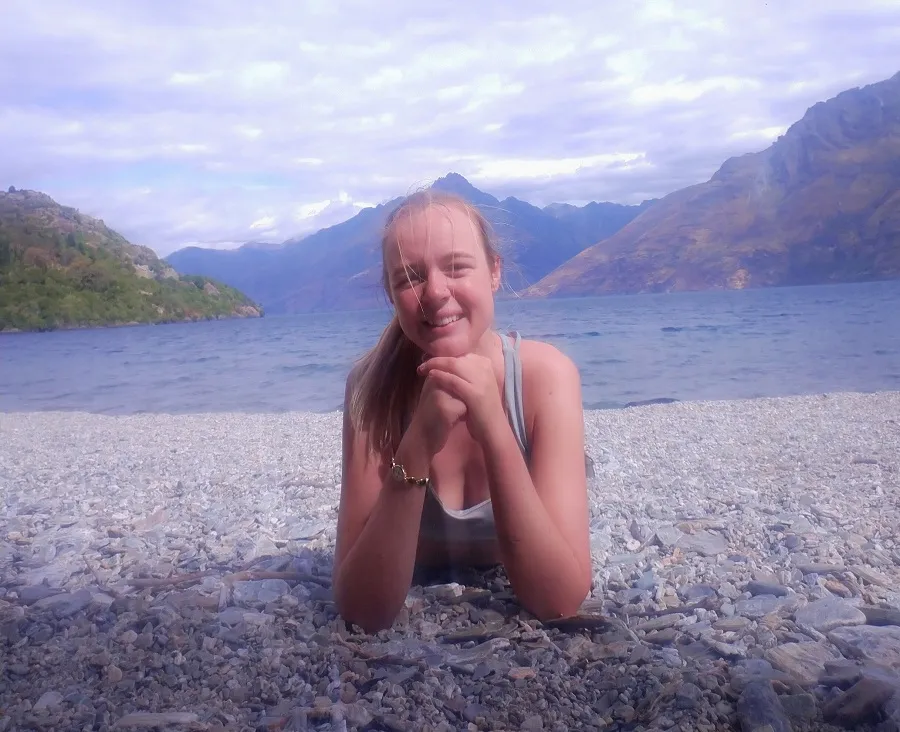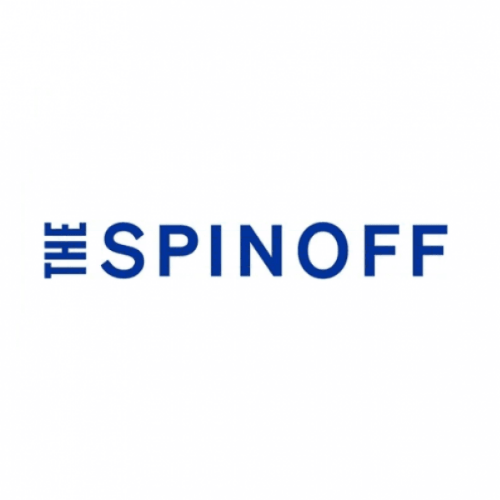Originally published by The Spinoff on 29/03/22
Cara Adler is a university student living with endometriosis and an eating disorder. For IRL, she explains why it’s so important to share her experiences on Facebook and Instagram. As told to Shanti Mathias.
I didn’t know much about endometriosis when I was diagnosed. Getting diagnosed was enough of an ordeal – I had initial issues with GPs not believing me, a lot of, “It’s just painful periods, go on the pill. Oh, that one didn’t work? How about another pill?” But after several months I got to a specialist who was able to diagnose me with laparoscopic surgery in 2019.
Endometriosis NZ had done some awareness-raising at my school, so I did know what it was. But there wasn’t much information out there in 2017 when I started having issues. There was so little awareness of what it was.
So in that struggle and frustration of diagnosis, I started posting, because that was something I could do. I wrote a piece about how hard it was to be believed by doctors, feeling like I was being passed off as a dramatic teenage girl, and put it on my blog, then shared it to my personal Facebook. That was the first time I had discussed health stuff online, and I got a lot of responses – a lot of messages from people with endo diagnoses saying, “That was my experience, too”. And even though I hadn’t been diagnosed then, it was just so helpful.

I also remember receiving a lot of comments and messages from people about how appalled they were at how I was treated and the dismissive attitude of the doctors. By then it was less appalling to me because I had experienced that lack of support from the medical establishment so much. It was nice to hear, it made my distress over not being believed feel more valid – what had happened was wrong.
When I got diagnosed, a friend who had seen some Facebook posts texted and said, “Oh, I have endo, too. Here are some amazing Facebook pages and forums that I recommend because they make a big difference.” I had never been on any Facebook groups or forums about things like that before. There’s one run by Endometriosis New Zealand Foundation, but then some others are just run by people with that experience. There’s some that are more science-based, with lots of information about the science of endo and how to seek healthcare, and others are more support forums.
Even though endometriosis is actually really common – I think one in ten people with uteruses have it – it feels like a very lonely disease. It’s still not always well-received in the medical world, it’s not well-researched and therefore not well-treated. It can be so isolating.
The forums have helped me feel less alone. I’ve been able to ask advice on different treatments to try. I’ve just ranted sometimes. I’ve enjoyed reading other people’s accounts. If people find a cool treatment that they’ve liked, they’ll post about it. It’s just a really positive atmosphere that’s been helpful for everybody, I think. There’s lots to criticise about Facebook but the groups are the most helpful thing. I think it’s awesome and important that anyone can make a group.
It does take some vulnerability to keep sharing, and I ended up creating a separate page to talk about endo, because I wanted to separate who I am from the disease. It feels like it’s defining me less if it’s a separate account. So that’s been helpful. I’m a naturally open person. And I think that I’m open because I care a lot about destigmatising suffering. I feel quite strongly about the fact that we are not very good at sitting with suffering and we are quite scared of it and that’s okay, but that does mean that lots of things are silenced that don’t need to be. Sometimes it’s important just to name suffering and sit with it. By talking about it I hope I can let other people do the same.
Sometimes I spend a lot of time thinking about what to write. If I’m writing a post for the blog, then it’s a crafted piece of writing, and I’ll spend a few days or a week on it and I will think very carefully about the image and I will edit it and change it around. If it’s on my endo page, it’s more crafted as well, because again, I see it more as a blog than as just my personal Instagram. For the eating disorder content I have to think really carefully about how I write about it, because even though there’s some content moderation and helplines on Instagram and Facebook, as a sufferer I’ve seen so much triggering stuff online. I don’t know how that could be better monitored, because it’s such a massive platform.
With sharing about my eating disorder, I never describe the behaviours, or how much I’m eating – I think it’s much more important to talk about the emotional experience of it, the social experience of it. I’m thinking about maybe starting a separate page to talk about the eating disorder as well.
When I talk about my experience, I’m not just talking about my experience; I’m hyper aware of the bigger picture and the structural inequalities in access to care. I’m so passionate about these wider issues, and I want to be able to change things, but it’s so hard, because I’m not well. I think online communities and forums are great for sufferers being able to talk about the bigger issues that are contributing to our experience together, to make sense of where our experiences fit in the bigger picture. And there’s solidarity in that, but how much do we need to just tell our story so that other people can join us in advocating for the bigger stuff? There’s so much you could do online, but I’m just one person.
Ultimately, I know that if I am suffering with this thing, then there’s so many others that are too, and they might not have the words to express it yet. They might not have had any advice about it. They might not have even considered that they could do something about what they’re going through. And if I can use the internet, if I can use my words, to talk about my experience of seeking care, I’m so willing to do so if it opens up possibilities for more people who might be suffering in different circumstances to mine.
I’ve been talking about my experience of these chronic diseases on Facebook and Instagram because it’s important to me but you never really know what impact it has on others. I was surprised the other week to receive a text from someone I sung in a choir with – not someone I knew well, just a friendly acquaintance. She said, “Any tips for an endometriosis laparoscopy? I’m having one tomorrow.” And then we talked about it and I gave her some advice and that was great.
Afterwards, she did get diagnosed with endometriosis and she texted me this gorgeous message saying that it was because of my posts that she suspected that she might have endo. Before then she had cast it off in her own mind as just painful periods and her being dramatic, but my posts had encouraged her to go and find a specialist. It’s hard sometimes, writing and talking about this, but I thought, “If just one person has been able to get a diagnosis because of me, it’ll all have been worth it.”



